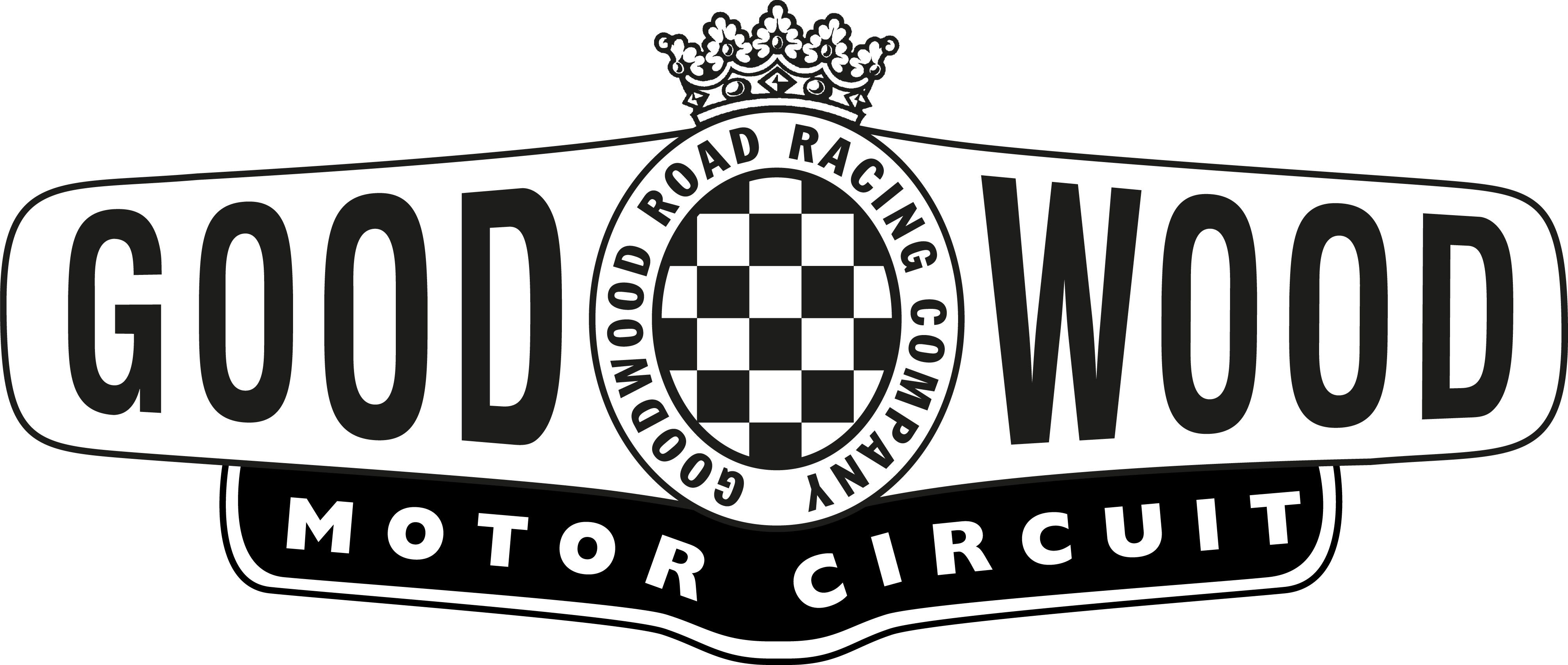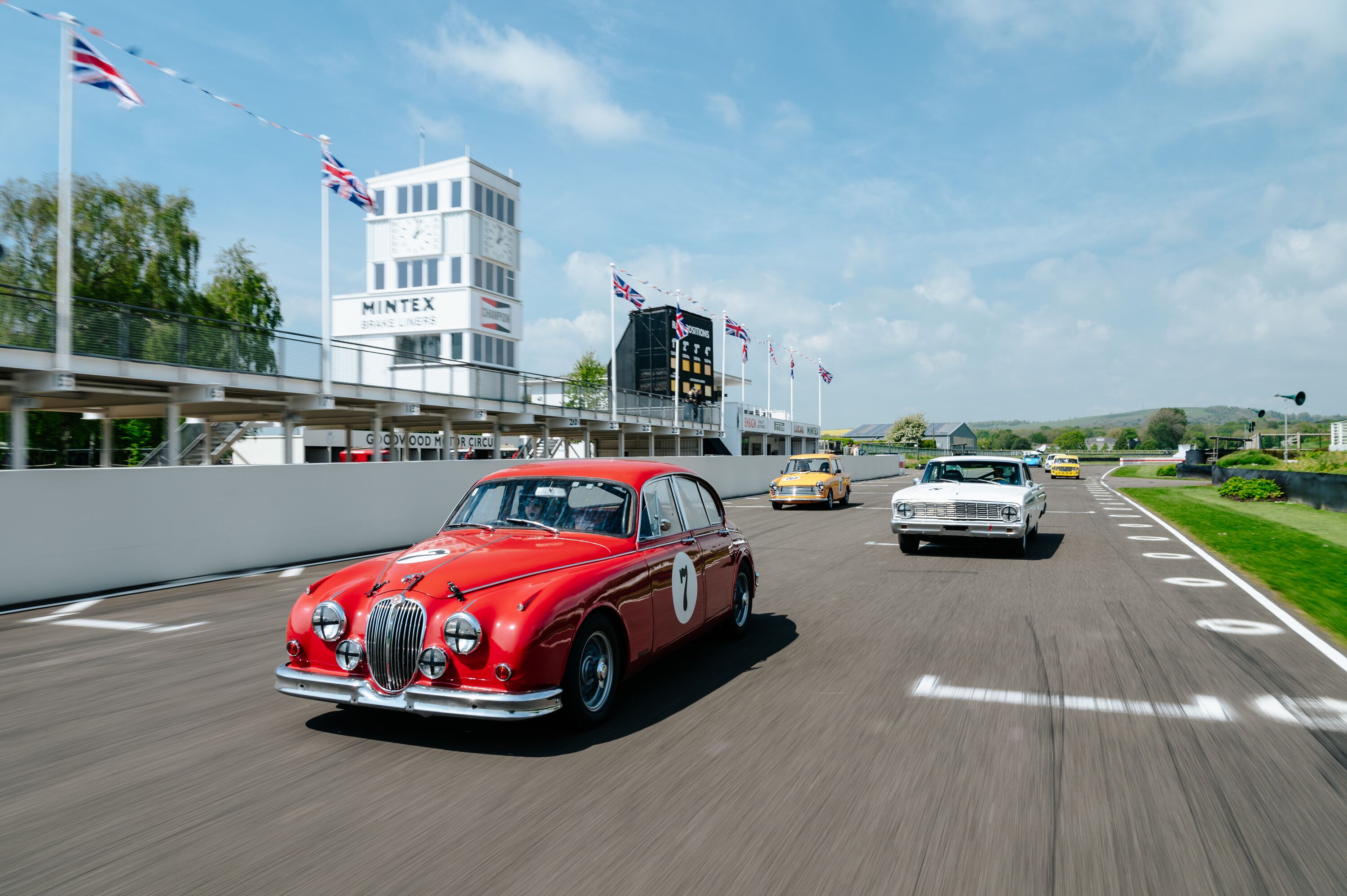After 75 years Bristol is officially dead
It was the first-ever car to drive around the then-new Goodwood Motor Circuit in 1948, and in 2016 its last-ever new model, the Bullet, had its world premiere at the Goodwood at the Festival of Speed presented by Mastercard. In the intervening years its engines powered countless historic racecars at the circuit, and still do. The make of car? Bristol. And today it went finally, and probably, irreversibly, bust.

A last-gasp effort to keep Bristol going has been rejected by the courts and the company, founded as part of the Bristol Aeroplane Company in 1945, will now be wound up and all assets sold.
A statement on Twitter from the Bristol Owners’ Club (BOC) reads: “The BOC is very saddened to hear of Bristol Cars Ltd's liquidation. Our first thoughts are with the dedicated and long serving employees of the company, who leave a legacy of nearly 3,000 wonderful cars.”
The news comes nine years after Bristol Cars was last saved from insolvency by the technology company, Frazer Nash Research. Its plan for the future of Bristol included a new model, the Bullet speedster, and refurbishment of the iconic Bristol showrooms in High Street Kensington, completed as recently as 2018.
The world saw the BMW-powered V8 two-seat Bullet for the first time when it made its debut on the Goodwood Hill at the Festival in 2016, the first new Bristol since the V10 Fighter of 2004. The new Bullet was to have been hand-made in Chichester and the company said it wanted to make as many as 70 of them, at £250,000 each.

Had it gone to plan the Bullet would have been a spectacular comeback for a company that in decades past made some spectacularly good cars, in defiance of the firm’s long-term financial precariousness and reputation for eccentricity. But it is likely no more than a handful of Bullets were ever made. Frazer Nash Research Ltd had a compulsory winding-up order against it in 2018.
“It is with regret that we have seen another iconic UK brand failing to deliver in a changing world,” was the tough verdict this week of Bristol’s joint liquidators, the Frost Group Ltd. Director Jeremy Frost added: “We have already received numerous enquires relating to the company’s assets and we are hopeful that we will be able to salvage some value for creditors as well as allow some memory of a former giant of British Industry to remain.”
In the statement on Twitter, the owners’ club added that it was “actively engaged with the liquidators to preserve what we can of the heritage and associated spares for the marque. It's our hope that the assets can be kept together and, as a priority, a safe home can be found for the archive."
As GRR found in 2016 when we were allowed into the basement of the Bristol Cars showroom on Kensington High Street – the private lair of former Bristol principal Anthony Crook – there is plenty of archive material there: more than 70 years worth of new-model drawings, blueprints, build sheets, brochures, despatch notes, sales receipts and assorted memorabilia. Much of it was personal to Tony Crook, the racing driver turned salesman who regarded Bristol as his personal fiefdom, as Andrew Frankel recently wrote about for GRR.
Bristol Cars was set up in Filton after the Second World War as a way to use up aluminium not needed any more for Bristol aircraft. The new cars used prewar BMW parts, including the straight-six engine that Bristol would go on to develop so successfully for racing. The first car was the 400 and it was an early one of these that the Freddie March, the 9th Duke of Richmond, first drove around Goodwood Motor Circuit for its official opening in 1948.
Tony Crook bought into the business in 1960, later becoming sole distributor from the single showroom in Kensington. He introduced a new range of cars powered by Chrysler V8 engines that quickly gained a reputation not just for bulletproof performance but also the highest quality.
These Anglo-American “gentleman’s expresses” could compete with the best and found a small but high profile following among the rich and famous, from King Hussein of Jordan to Sir Richard Branson and Noel Gallagher. Crook retained control of Bristol until his retirement in 2007 and he died in 2014.
When Crook bowed out of Bristol he predicted the company’s demise and now, sadly, this eccentric slice of British automotive culture has finally come to the end of the road.
Bristol
Fighter
Bullet





